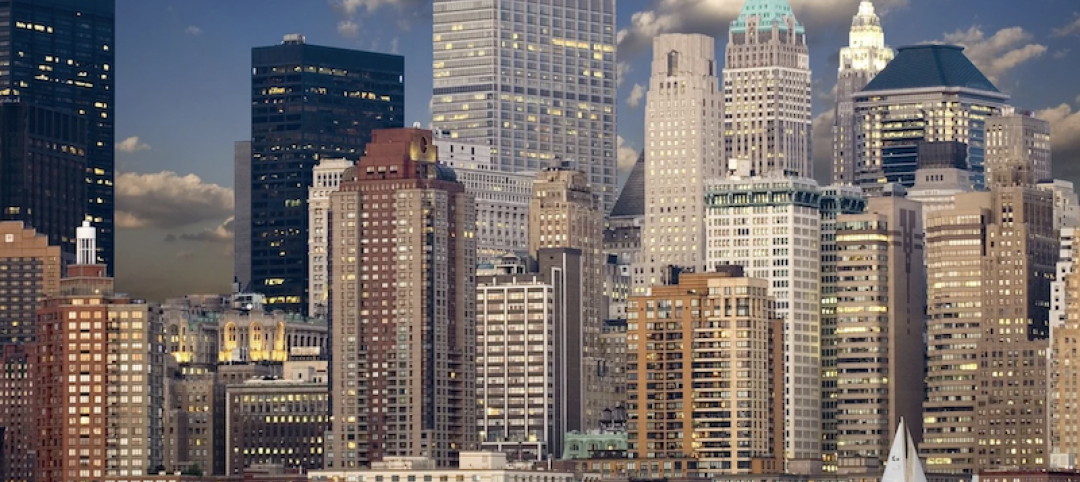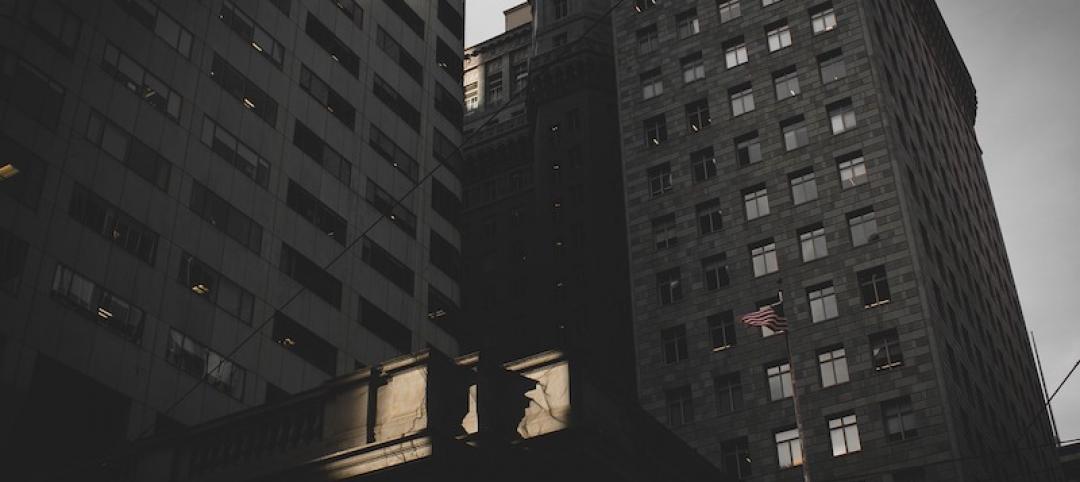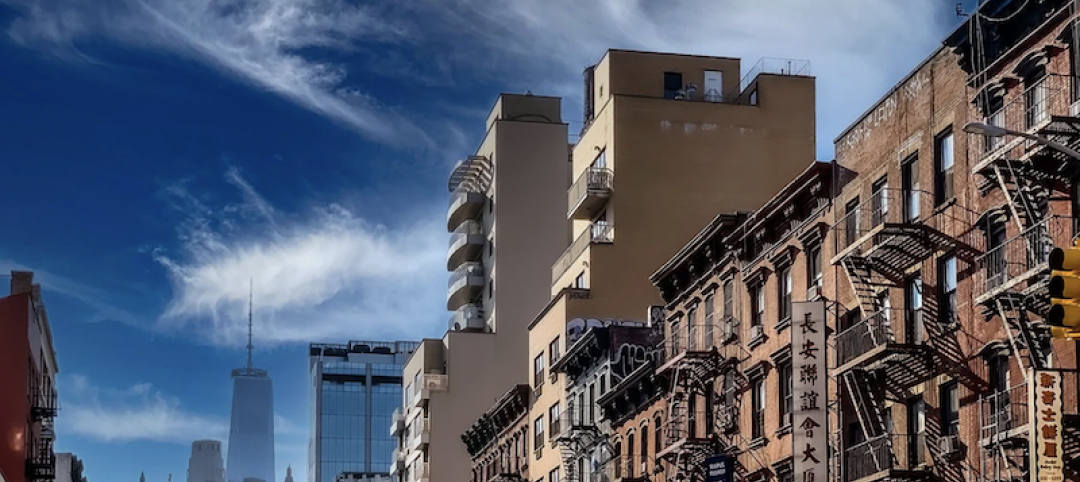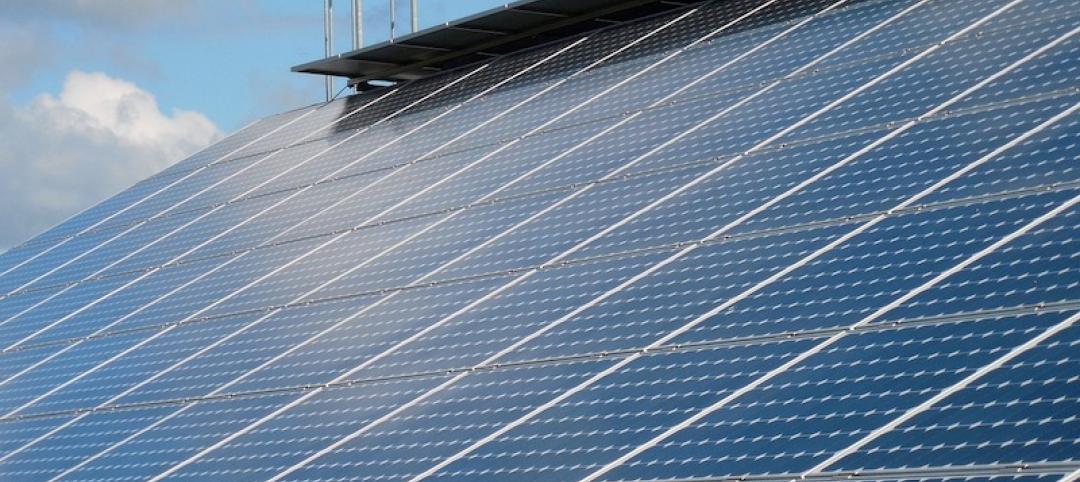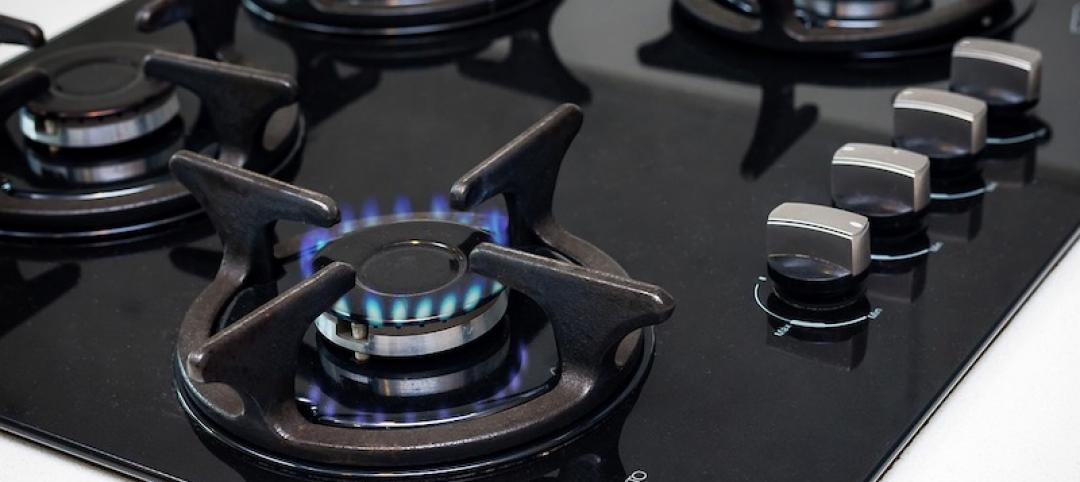The Washington D.C. Council recently passed legislation that will make it more expensive for owners to hold vacant or blighted property.
The Vacant Property Enforcement Act of 2016 reduces the maximum amount of time a vacant property can qualify for an exemption from higher vacancy tax rates. It also closes a loophole that allows continuous renewal of construction permits to qualify for tax exemptions, and require owners of vacant properties to prove they are no longer subject to the higher tax rates.
"The District has a substantial number of vacant properties, many of which are poorly maintained,” the bill report says. "Property owners may keep their properties vacant or fail to maintain them because they expect property values to rise over time. Poorly maintained and vacant properties can damage surrounding communities by being eyesores, by serving a venue for drug use and by providing a home for rodents or other animals. The net effect is to reduce the feeling of a cohesive community and depress surrounding property values."
The legislation reduces the time an owner can claim an exemption from higher taxes because of construction to one year for residential properties and to two years for commercial properties. Fines for failing to comply with city property regulations will rise from $1,000 to $5,000.
Related Stories
Codes and Standards | Nov 18, 2020
Commissioning study finds median energy savings of 3% to 16%
Berkeley Lab examines results of commissioning across building types.
Codes and Standards | Nov 17, 2020
Midtown Manhattan’s empty offices could be converted to affordable housing
Advocates envision idle offices re-zoned to alleviate housing crisis.
Codes and Standards | Nov 16, 2020
New concrete detailing manual includes downloadable CAD files
American Concrete Institute document contains guidance on codes for structural concrete.
Codes and Standards | Nov 12, 2020
California rent control measure defeated
Golden State voters reject Proposition 21.
Codes and Standards | Nov 11, 2020
NY court ruling makes it easier for condo boards to sue investors for construction defects
Investors would be tapped for damages on such cases.
Codes and Standards | Nov 10, 2020
Researchers and industry leaders will form national institute for AI in construction
Goal is to identify high-impact areas for application in design and construction.
Codes and Standards | Nov 6, 2020
Jobsite injuries in New York City decline 20% since 2017
Safety training cited as a cause of improvement.
Codes and Standards | Nov 4, 2020
Commercial building owners having tougher time securing insurance policies and renewals
Insurers’ fears of civil unrest in wake of election prompt builder’s risk coverage moratoriums.
Codes and Standards | Nov 4, 2020
Turn rooftops into revenue generators with solar arrays
Lease or ownership models for PVs make more sense than ever.
Codes and Standards | Nov 3, 2020
The argument against gas stoves includes degraded indoor air quality
Asthma seems to be aggravated by cooking with flame.




